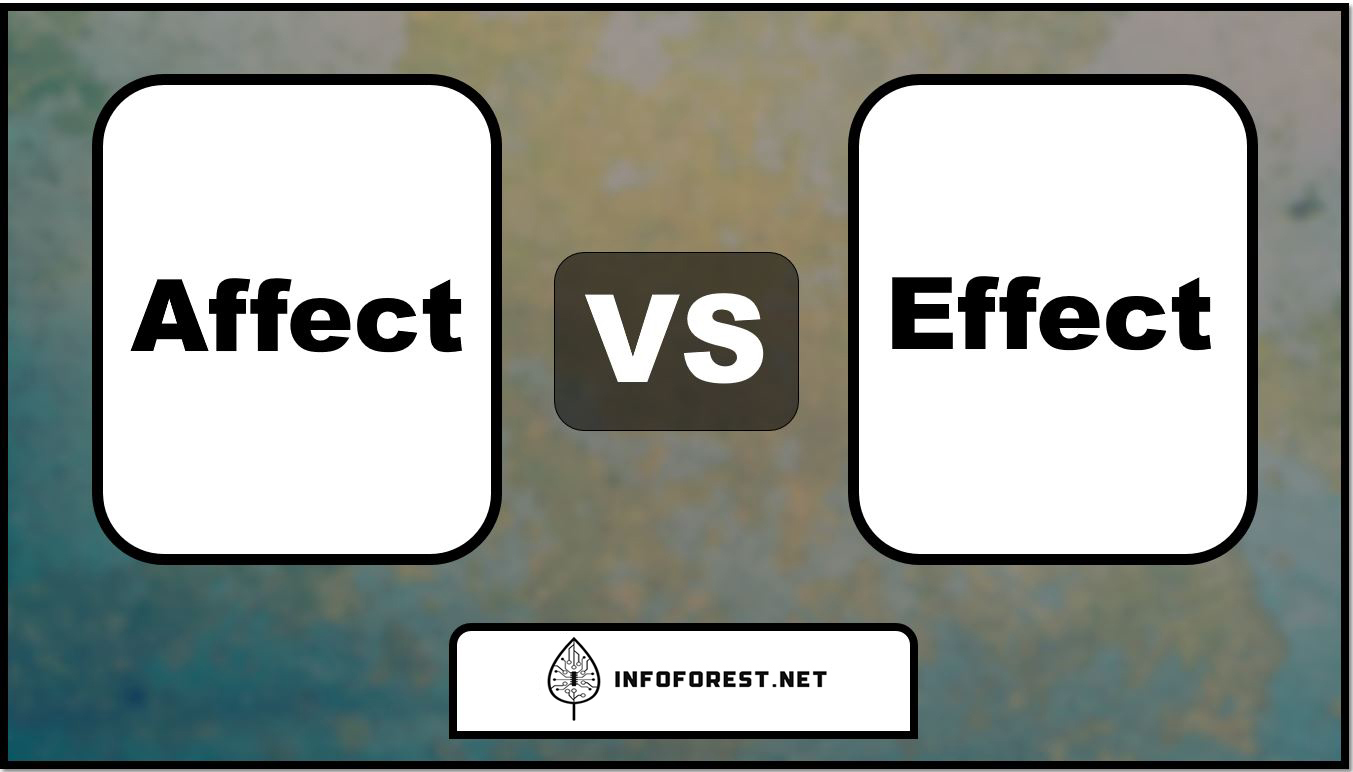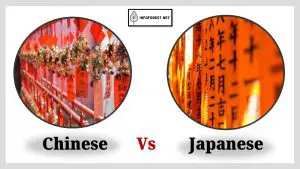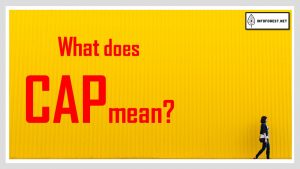
One of the most common questions in English grammar concerns the difference between “affect” and “affect”, but don’t worry the main purpose of the Affect vs Effect article is to examine the similarities and differences between these two words.
Affect is usually a verb meaning “making a change” in something, while effect is usually a noun describing “a change caused by something.”
So in most cases, affect is used as a verb meaning “to influence” while effect is used as a noun describing the result of an influence. But Affect can also be a noun, and Effect can also be a verb, and that changes their meaning
Affect
Affect As a Verb
As mentioned earlier, Affect is usually used as a verb and generally means to influence, change, or impact something. We typically think of affect, in terms of being affected, and Affect can have both positive and negative connotations:
A teacher’s reverence can affect students’ performance in class.
Abdominal pain affects my athletic performance.
Consider the following examples:
Heavy rain affected the growth of flowers
Snowfall affects the traffic in the area
Humidity is affected by cloud cover.
My mood is affected by the presence of the sun.
Sleep can be affected by coffee.
Jack was affected by the separation.
Affect As a Noun
Affect can be used as a noun. In this form, it refers to the expression or observation of an emotional reaction. More simply, it refers to how a person’s facial expression reveals his or her feelings.
Consider the following examples:
His facial affect reflected his inner conflict.
Her affect was flat, emotionless
Jack had a flat affect during therapy, never smiled, and showed no emotion
Effect
Effect As a Noun
As mentioned earlier, Effect is usually used as a noun meaning a result or consequence. For example, one might correctly say:
The effects of climate change are being felt around the world
This drug may have side effects.
However, since effect is often a concept rather than a physical thing, we can sometimes overlook its use as a noun. This is true even when effect as a noun is often preceded by “the” or “an”, but sometimes there is an adjective in between.
Consider the following examples:
The king’s rash decisions have had a lasting effect on markets.
The effects of climate change can be seen at the North Pole.
Reading has a tremendous effect on the minds of young children.
The rain had no effect on their mood.
Effect As a Verb
Effect can sometimes be used as a verb in the sense of causing, producing, or changing something. Very often the word “change” is used in a sentence next to the verb “effect,” changing the meaning to “implement” or “to bring about.”
Consider the following examples:
She has to effect these changes by next month.
Heavy rain will effect a change in our meeting time.
Health growth can only be effected by relaxing regulations.
The teacher has clearly effected a change in the attitude of his students
Most Viewed Articles
Comparison Table of Affect vs Effect
| Noun | Verb | |
| Affect | it refers to the expression or observation of an emotional reaction | in the sense of influence, change, or impact something. |
| Example | Her affect was flat, emotionless | Snowfall affects the traffic in the area |
| Effect | meaning a result or consequence | in the sense of causing, producing, or changing something |
| Example | This drug may have side effects. | She has to effect these changes by next month |
How to remember the difference between Affect and Effect?
Grammar textbooks teach several techniques for remembering the difference between affect and effect. The simplest is to memorize the letters “a” and “e”: A(ffect) stands for Action; E(ffect) stands for End result.
Affect as a verb means that an action takes place, so memorize “A” for Action. Effect as a noun is the end result of a change, “E” for End result. How to remember the difference between Affect and Effect ? Grammar textbooks teach several techniques for remembering the difference between affect and effect. The simplest is to memorize the letters “a” and “e”: A(ffect) stands for Action; E(ffect) stands for End result.
Affect as a verb means that an action takes place, so memorize “A” for Action. Effect as a noun is the end result of a change, “E” for End result.
Summary of Affect vs Effect
In conclusion, Affected means that something has been influenced or changed; Effected means that something has been brought about or made possible. But affect and effect aren’t just verbs. They can also be nouns, and that changes their meaning. We hope that this post had the effect of helping you understand these fascinating words – and affected you positively.
We also invite you not to miss our other popular articles such as Race vs Ethnicity, How to screenshot on Mac, Difference between Developed Countries and Developing Countries, How Many Teaspoons in a Tablespoon, and Federal Holidays 2022.







I just couldn’t go away your website prior to suggesting that I really loved tthe
standard info a person provide inn your guests?
Is gonna be again steadily in order to investigate cross-check new
posts